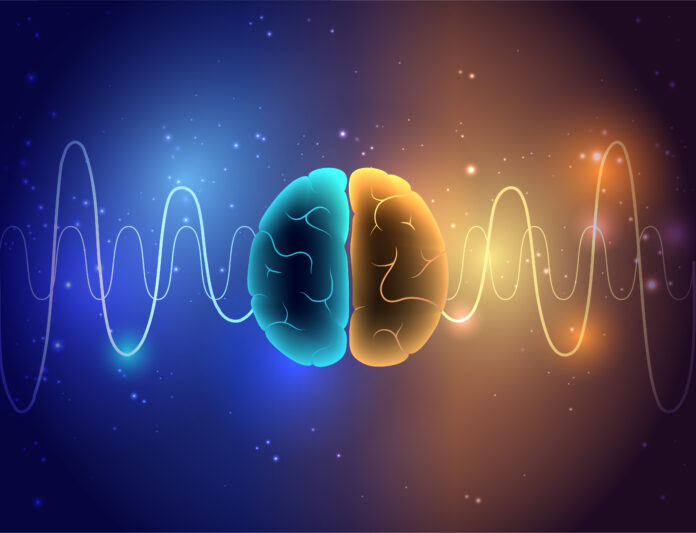For the first time, doctors record the activity of a dying human brain, relating it to that seen during dreaming or recalling memories.
The topic of death, while considered morbid by some, is also a source of great mystery. What happens when we die is a question that has baffled neuroscientists and simple people like me and you for generations. Many people, when describing near-death experiences, recall their life flashing before their eyes. However, the final moments of life have never been investigated in humans. Now, for the first time, a team of neuroscientists have recorded the activity of a dying human brain. They published their findings in the journal Frontier in Aging Neuroscience.
In 2016, an 87-year-old epilepsy patient had presented to the emergency department with a history of fall. CT scans revealed bilateral hematomas within the patient’s brain and soon his neurological function started to decline. As a result, doctors conducted a left decompressive craniotomy which helped stabilize the man. Two days later the patient started to have seizures. The team then decided to use continuous electroencephalography (EEG) for monitoring and management of seizures. However, the man suffered a massive heart attack during the recording and passed away. Thus, providing doctors with an accidental recording of the dying brain activity.
We measured 900 seconds of brain activity around the time of death and set a specific focus to investigate what happened in the 30 seconds before and after the heart stopped beating.
Dr. Ajmal Zemmar, study co-author
Does Life Really Flash Before Our Eyes?
While analyzing the brain activity, researchers noticed certain changes in several brain oscillations. These brain oscillations, or brain waves, are involved in higher cognitive function and are typically seen during dreaming, meditation, and memory recall. Moreover, the brain activity continued even after the patient’s heart stopped beating. Thus, revealing that a person’s life or certain events flash before their eyes in the moments before death.
However, the findings are from a single case and is based on a patient that had suffered brain injury. Therefore, one cannot determine whether this is a routine post-death occurrence. Moreover, it is unclear whether the memories one is supposedly having flashbacks of are happy moments from life. Nevertheless, study author Dr. Ajmal Zemmar believes the study’s results can serve as a source of comfort to those experiencing the loss of a loved one.
Although our loved ones have their eyes closed and are ready to leave us to rest, their brains may be replaying some of the nicest moments they experienced in their lives.
Dr. Ajmal Zemmar, study co-author
Reference:
Vicente, Raul, et al. “Enhanced Interplay of Neuronal Coherence and Coupling in the Dying Human Brain.” Frontiers in Aging Neuroscience, vol. 14, 2022, doi:10.3389/fnagi.2022.813531.




